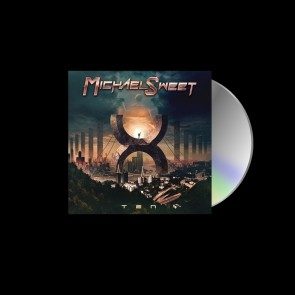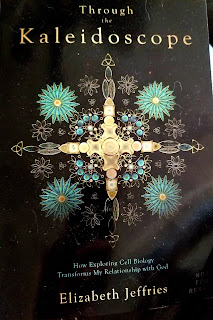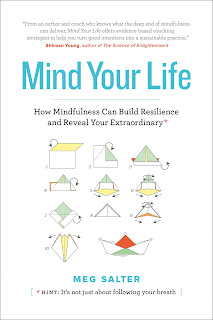Why Good People Stay
The question was: Why do parents not protect their children from a place that hurts people in the name of Jesus? My response: Because they didn't see it anymore than any of us did who stayed in it for so long. The messages are usually very subtle. We get into the 'good stuff' like the music and the prayer ministries and charity work - All of that on the surface seems positive and wonderful for the world. Our friends are there, we feel like we have a purpose...We are taught that this is the way, the truth, the life. Unless you dig deeper or begin to work on/with leadership and hear the closed door discussions, you don't realize the under belly. And even then cognitive dissonance kicks in...So when the cracks start to appear, you try and push the questions aside and think 'well, some of that is just on the fringe. Most evangelicals just want to help people' and you make excuses. When the cracks get bigger you try to stick around to change it from the inside....


